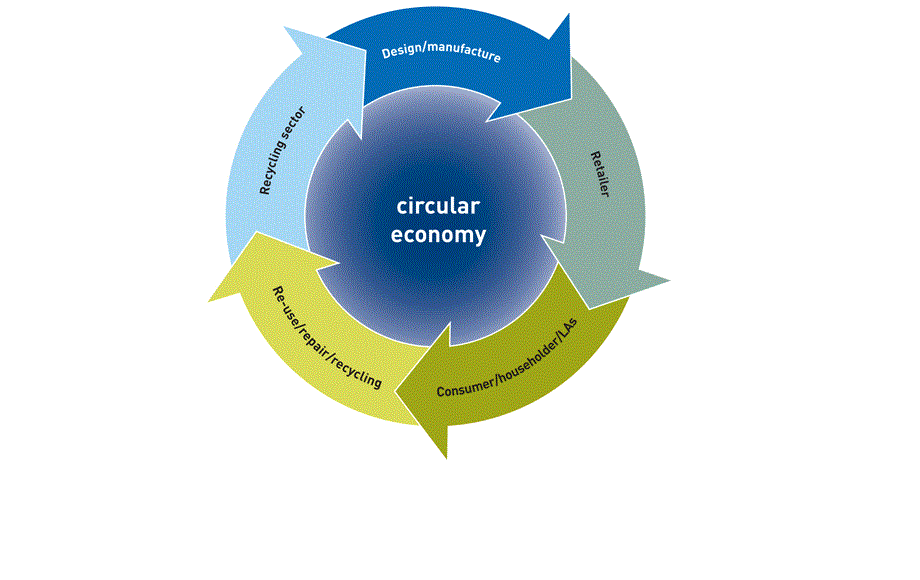Ask and ye shall receive.
Okay, city council’s decision Tuesday evening to ban a number of single-use plastic items may not have been a direct response to my column on plastic last week -- but we can dream.
Last week, I wrote about the devastating impact of plastics in our oceans, the challenge of sorting plastics for recycling and the questionable policy of sending our plastic trash to developing countries to sort and, hopefully, burn for fuel.
The upshot was that we need to deal with our own waste and while individuals can, and should, reduce, reuse and recycle, much more should be expected of big industries that are responsible for the vast majority of our plastic waste.
Lo and behold, city councillors unanimously voted to not just ban a number of plastic items but pivot towards a “circular economy.” (See story page 7)
The notion of a circular economy has actually been around for a while, although, initially, it wasn’t called that.
In 1966, Kenneth Boulding wrote a ground-breaking essay “The Economics of the Coming Spaceship Earth.”
In it, he refers to a "closed" versus "open" economy. An open economy is what we have now, one in which works on the principle that there are unlimited resources that can be used to make an unlimited number of products, which we can dump in an unlimited number of land-fill sites when we’re done with them.
The life cycle of any product is one directional and the more production and consumption, the stronger the economy.
A closed, or circular, economy is one in which every product is created from an earlier product — as in nature. An old tree falls in the forest, it decomposes, it becomes the nutrients for more life, including new trees.
Boulding, more in keeping with the times, uses a spaceship analogy. I remember watching one of those documentaries about life at the International Space Station, and it’s truly astonishing how much they reuse. Not to make you gag, but even their urine and sweat is recycled and reused as, wait for it, drinking water. No kidding.
Point being, there are a gazillion ways we can turn our economy into a circular one — we have the technology. The challenge is developing the mind-set, which is no small thing when we have huge market forces bent on keeping the system as it is.
The city’s plan to ban plastics and orient towards a closed economy when it comes to procurement of goods and services is a great step forward. Some may scoff and accuse the city of making some environmental tweaks with one hand while giving the go-ahead to unprecedented development with the other. That’s a valid point, but let's not undermine these baby steps.
It’s been said, perfection is the enemy of progress. And the city’s decision to adopt a spaceship mentality is a decidedly progressive move.



